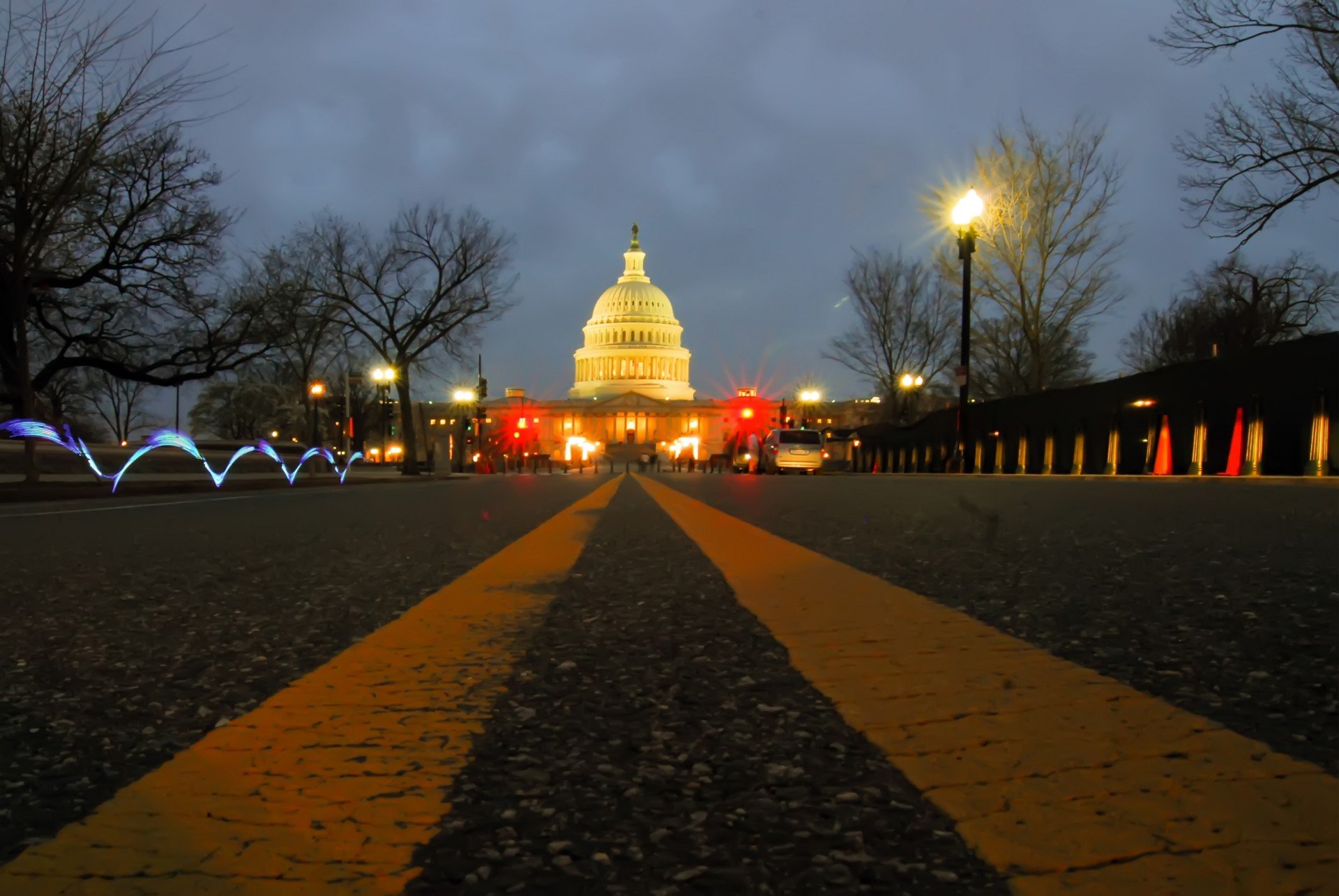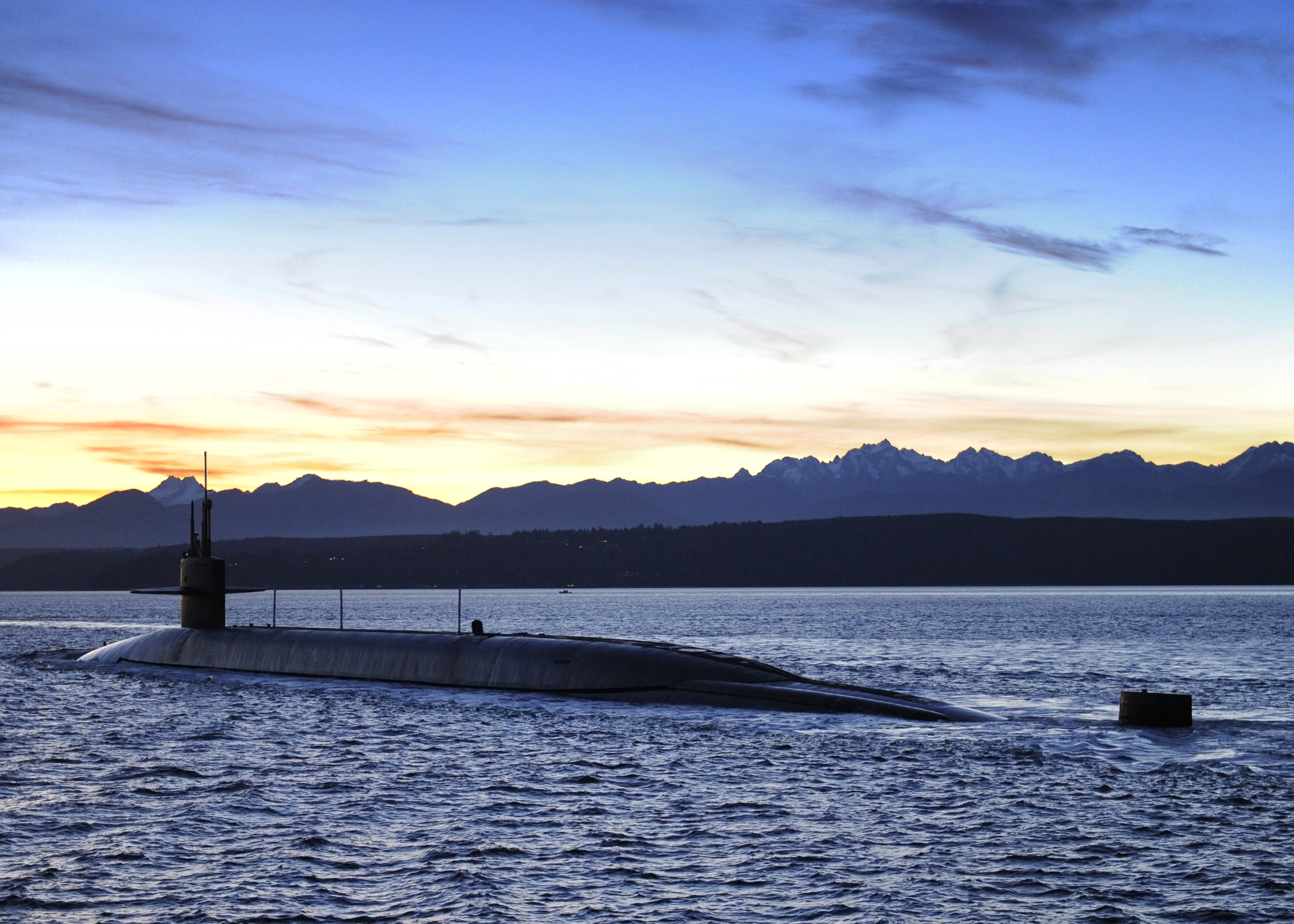 The full House of Representatives passed its version of the Fiscal Year 2020 National Defense Authorization Act on a strict party-line vote.
The full House of Representatives passed its version of the Fiscal Year 2020 National Defense Authorization Act on a strict party-line vote.
The policy bill, which provides lawmakers a means for detailing their defense-related priorities, provides funding and regulatory guidance to the Pentagon. The bill passed on a 220-197 vote, with no Republicans supporting the measure.
“For the previous 58 years, the NDAA process exemplified the bipartisan tradition and collaboration envisioned by the Founding Fathers. This year however, has been different. While the bill reflects the values of our new Democratic majority, the ultimate focus is – and will always be – securing a strong national defense and supporting the men and women who defend our nation. House Democrats did not lose sight of that fact throughout this process. Yet our Republican colleagues chose to abandon one of the last true bastions of bipartisanship, just because they didn’t get their way on 100 percent of the provisions in this bill,” Rep. Adam Smith (D-Wash.), the chairman of the House Armed Services Committee, said in a statement.
House Republicans were concerned with the level of funding authorized by the FY 2020 NDAA. The House version approved $733 billion in defense spending for FY 2020. The Senate version, which already passed, authorizes $750 billion. Specifically, Republicans are concerned with what they consider cuts to personnel accounts, programs to deter Russia and China and programs to improve readiness.
“Normally the NDAA is a product of bipartisan consensus that allows Congress to execute our most important constitutional duty. Unfortunately, partisan provisions in this bill have robbed it of bipartisan support. Through this bill, House Democrats are forcing our troops to pay the price for their political disputes with the president. From personnel accounts, where the NDAA cuts funding to meet an arbitrary topline, to military construction, where critical projects will go unfunded because House Democrats refuse to backfill funding used for border security, our troops will pay the price for Washington’s disfunction,” Rep. Mac Thornberry (R-Texas), the HASC ranking member, said in a statement earlier this week.
The next step is for members of the House and Senate to meet in a conference committee to iron out differences between the two versions of the FY 2020 NDAA.
“As we now move to conference with our colleagues in the Senate, I am hopeful that our work can return to the bipartisan tradition that distinguishes the Armed Services Committees,” Smith said in his statement. “I look forward to working with my colleagues as we continue to refine this legislation so that it not only honors our oath to protect and defend, but it also – and most importantly – continues to takes care of the single most valuable asset in our national defense strategy: our service members.”

Among the key differences between the two bills is the prospect of authorizing the Navy to load low-yield nuclear warheads on submarines. The House bill, with Democratic support, prohibits this, but Republicans in the Senate pushed to allow low-yield nuclear weapons deployed on submarines.
Proponents of deploying low-yield nuclear weapons on submarines say the U.S. needs this capability because Russia is developing similar weapons. Those opposed to the to tactic maintain the U.S. already has a stockpile of low-yield nuclear weapons, but deploying what are considered first-strike weapons on submarines diminishes their ability to carry larger weapons that provide the nation’s nuclear triad with a guaranteed second strike if attacked.
Both the House and Senate versions of the NDAA do agree on several policies, including providing about $17 million for the Navy to continue planning to refuel nuclear aircraft carrier USS Harry S. Truman (CVN-75). When the Navy’s FY 2020 budget was released, the service planned to skip refueling Truman, saying the move was intended to save money to use building the Ford-class aircraft carrier. Pushback from lawmakers was immediate, and by April the White House reversed its plan, announcing Truman would be refueled.
Both versions of the NDAA include cuts the Littoral Combat Ship program. The Senate version prohibits extending the program beyond the current 35 ships that have been bought, and the House version cuts funding to some LCS-related mission packages. The Navy requested $197.1 million for LCS mine countermeasures modules, and the House Appropriations Committee gave $163.9 million to spend on the program. However, the House NDAA only allows $77.1 million for the program.





